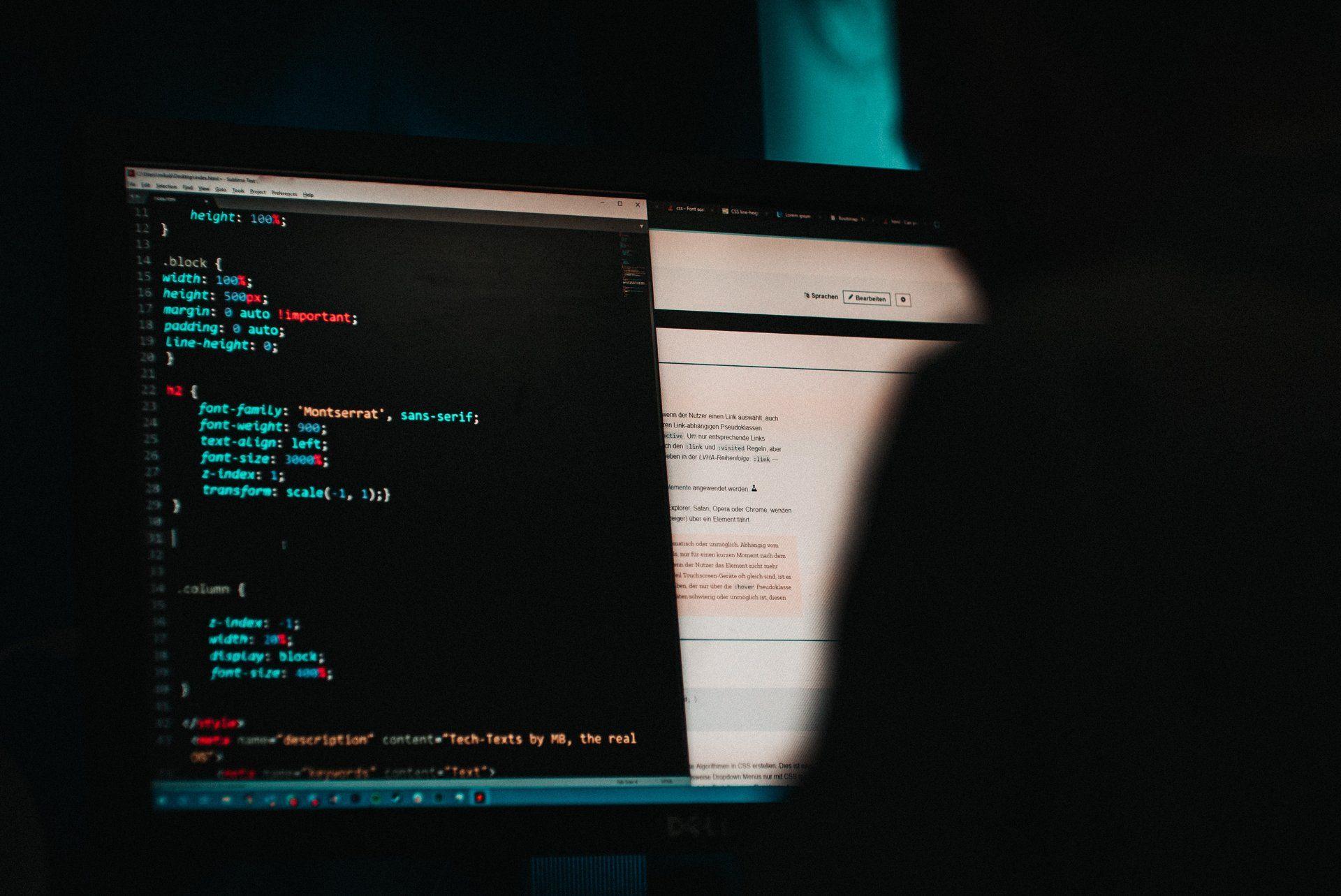Digital piracy is a prevalent and concerning phenomenon in today’s interconnected world that revolves around the illicit copying, distribution, and unauthorized access to copyrighted material through various digital channels. This rampant practice poses significant challenges to the creative industries, encompassing film, music, publishing, software development, and gaming.
With the advent of the internet and technological advancements, the ease of sharing and accessing digital content has created an environment where digital piracy thrives, leading to detrimental consequences for content creators, copyright holders, and the overall economy.

What is digital piracy?
Digital piracy encompasses the unlawful replication or dissemination of copyrighted material through the vast realm of the Internet. Its repercussions are far-reaching, casting a shadow of concern upon various creative industries, spanning from the captivating realms of film, television, publishing, music, and gaming.
Online piracy leaves no stone unturned, leaving an indelible mark on both the economy and the everyday consumer. Its impact resonates in the corridors of government revenue streams while placing you, the valued consumer, in a perilous position susceptible to financial losses. Moreover, it poses a significant threat to personal security, exposing individuals to potential hazards like identity theft or the inadvertent exposure of children to inappropriate content.
Illicit operators of piracy havens entice unsuspecting seekers of audiovisual delights with stolen content sourced from legitimate TV providers. These digital treasure troves can be accessed through dubious means, employing unauthorized devices or applications.
Astonishingly, even law-abiding gadgets such as smart TVs, smartphones, and tablets may harbor these unauthorized apps, further perpetuating the cycle of infringement.
Unscrupulous piracy services have ingeniously devised various revenue-generating mechanisms to perpetuate their illicit activities:
Advertising: These nefarious platforms often amass revenue by enticing advertisers seeking a large number of impressions or clicks.
Donations: In an audacious ploy, certain piracy services brazenly request monetary contributions in exchange for access to premium content or to sustain their dubious operations.
Subscription services: Users are tantalized with the promise of accessing pristine copies of pirated content or unlocking exclusive “premium” offerings, all for a subscription fee.
Selling user data: Some unscrupulous piracy services resort to selling invaluable user data, including browsing history and personal information, to unscrupulous third-party entities.
Affiliate marketing: These piracy syndicates often bolster their ill-gotten gains by directing users towards various online retailers or platforms, earning a handsome commission in the process.
However, engaging with these illicit platforms not only robs the creative industries, pay TV companies, and tax authorities of their rightful earnings but also hampers their ability to generate fresh content and employment opportunities within the industry. Their annual losses mount to staggering sums, depriving the industry of the means to innovate and progress.
The Good, the Bad, the Onion; Data Security on the Dark Market
Caution must be exercised when dealing with these rogue enterprises, as the advertised payment methods often veil their true nature. Your hard-earned money may inadvertently find its way into the pirates’ coffers, courtesy of sophisticated money laundering techniques. Do you truly desire to entrust them with your credit card details, potentially facing financial repercussions?
Moreover, there exists a distinct possibility that your access to such services could abruptly cease. Pay TV companies, rights holders, and their technology partners invest considerable resources in thwarting pirate enterprises, while anti-piracy associations diligently collaborate with payment providers to disrupt the flow of funds to these unscrupulous entities.
When pirate operations are eventually dismantled, you are left bereft of any content and without any recourse for retrieving your funds.
You are not safe
Cybersecurity risks associated with pirate sites are a cause for concern, according to research findings.
One major issue is the presence of malware. Many websites and peer-to-peer networks that offer pirated material often harbor malicious software or viruses that can wreak havoc on users’ devices and even steal personal information. This malware can also spread within a home or corporate network, posing a potential threat to critical business operations.

Additionally, it can be used as a launching pad for identity theft and fraud. Consumers who sign up for proxy servers, which are commonly used to access pirate sites, may unknowingly expose themselves to legal risks as these servers have been linked to past participation in distributed denial-of-service (DDoS) and other cyber attacks.
Other risks include:
- Trap for personal data theft: Pirated content can be rigged to deceive users and steal their personal data, bank information, or other sensitive details
- Unsafe payment methods: Illicit platforms often employ questionable payment methods that can result in credit card fraud or other financial scams
- Software vulnerabilities: Products obtained through piracy may lack proper software updates, leaving them vulnerable to security breaches and other issues
To safeguard against these risks, it is crucial to maintain robust cybersecurity measures. Ensure that your network and devices are protected by up-to-date antivirus and firewall software.
Additionally, regularly update your software and operating systems with the latest security patches to stay ahead of potential vulnerabilities. By taking these precautions, you can help protect yourself from the dangers associated with pirate sites.
Why is digital piracy a growing threat?
Digital piracy is a growing threat due to several factors that contribute to its expansion and impact on various industries.
Here are a few key reasons why digital piracy has become an escalating concern.
Advancements in technology
The rapid advancement of technology, particularly the Internet and digital storage capabilities, has made it easier for individuals to copy, distribute, and access copyrighted material without proper authorization. High-speed internet connections, file-sharing platforms, and streaming services have created a convenient and anonymous environment for piracy activities to flourish.
For example, the rise of torrent sites and peer-to-peer networks has made it effortless for users to share copyrighted content, such as movies, music, and software, with millions of people worldwide. Streaming platforms that offer unauthorized access to premium TV shows and movies also contribute to the growth of digital piracy.
Global reach and accessibility
The Internet’s global reach has facilitated the widespread availability of pirated content to users across different countries and regions. Pirated material can be easily accessed and downloaded from anywhere in the world, regardless of geographical boundaries or legal jurisdictions.
For instance, streaming platforms that offer unauthorized access to live sporting events or pay-per-view content allow users from anywhere to access these events without paying the appropriate fees. This not only impacts the revenue streams of content creators and broadcasters but also devalues legitimate distribution channels.

Cost and convenience
One of the driving forces behind digital piracy is the appeal of obtaining content without any financial cost. Pirated material is often available for free or at significantly reduced prices compared to legally licensed content. This attracts budget-conscious consumers who are unwilling to pay for legitimate products.
Moreover, the convenience of accessing a vast library of pirated content with just a few clicks or taps on a device appeals to many users seeking instant gratification. Unauthorized streaming platforms and torrent sites offer a wide range of movies, TV shows, music albums, and software applications without any subscription fees or wait times.
Inadequate legal enforcement
The enforcement of copyright laws and regulations can be challenging in the digital realm. Piracy activities often involve individuals or groups operating anonymously, using encryption technologies,
How does digital piracy affect the creativity industry?
Digital piracy has a profound impact on the creativity industry, affecting various sectors such as film, music, television, publishing, and software development. One of the primary ways in which digital piracy affects the industry is through significant financial losses.
When copyrighted content is unlawfully copied and distributed, it deprives content creators, copyright holders, and the entire creative ecosystem of their rightful income. This loss of revenue undermines the financial stability of the industry, making it difficult to invest in new projects, nurture emerging talent, and sustain businesses within the creative field.
Furthermore, digital piracy discourages innovation and risk-taking within the industry. When creators’ works are illegally accessed or distributed for free, it diminishes the incentive to take creative risks, explore new ideas, and invest in innovative projects.

This stifles artistic expression and limits the diversity and quality of content available to consumers. The fear of piracy and its detrimental impact on revenue generation can lead to a more conservative approach to content creation, hindering the industry’s potential for groundbreaking and boundary-pushing works.
The consequences of digital piracy extend beyond financial losses and stifled creativity. Job losses and economic implications are also significant. The creative industry is a major source of employment, supporting a wide range of professionals such as artists, writers, actors, musicians, and technicians.
When piracy undermines the financial viability of creative projects, it can result in job losses, reduced employment opportunities, and a negative ripple effect on related industries. Additionally, the overall economy suffers as tax revenues from the creative sector decline, impacting public services and infrastructure that rely on such funding.
Moreover, digital piracy erodes the value of intellectual property rights, which are the foundation of a thriving creative ecosystem. When copyrighted works are freely distributed without permission or compensation, it undermines the notion that creative works should be protected and valued.
This erosion of intellectual property rights not only harms individual creators but also diminishes the incentive to invest in new content, jeopardizing the future of the creativity industry as a whole.
Another consequence of digital piracy is the potential impact on the quality and diversity of content available to consumers. When creators and rights holders struggle to recoup their investments and generate sustainable income due to piracy, they may be forced to cut costs, reduce production values, or limit their output.
This can result in a decline in the overall quality and variety of content, ultimately restricting consumer choice and access to new and innovative works.
What are the penalties for engaging in digital piracy?
Engaging in digital piracy can result in various penalties, which can vary depending on the jurisdiction and the specific circumstances of the infringement. One of the most common penalties associated with digital piracy is the imposition of civil liabilities. Copyright holders have the right to pursue civil lawsuits against individuals or entities involved in piracy. If found liable, the infringer may be ordered to pay damages, including the actual losses suffered by the copyright holder and any profits derived from the infringement. Injunctions may also be granted, restraining the infringer from further acts of piracy.
In addition to civil penalties, digital piracy can also be considered a criminal offense in certain cases. Criminal penalties can include fines, imprisonment, or a combination of both. The severity of these penalties often depends on factors such as the scale of the piracy operation, the financial losses incurred by copyright holders, and the involvement of organized crime or other aggravating circumstances.
Another potential consequence of digital piracy is the imposition of statutory damages. Some jurisdictions have laws that provide for predetermined amounts of damages, regardless of the actual financial losses suffered by the copyright holder. These statutory damages serve as a deterrent and can result in significant monetary penalties for infringers.

Authorities may also take action to combat digital piracy by seizing and shutting down websites or online platforms involved in infringing activities. This can occur through court orders or as part of law enforcement operations. Website and domain seizures can effectively disrupt the operations of piracy platforms, rendering them inaccessible and preventing further infringement.
Engaging in digital piracy can also have non-legal consequences. It can result in reputational damage, which can impact personal and professional opportunities. Employers, business partners, and potential collaborators may view involvement in piracy as unethical, leading to the loss of employment, business partnerships, or career prospects.
How can you protect yourself against digital piracy?
To protect yourself against digital piracy, it is important to take several proactive steps and practice responsible online behavior. First and foremost, ensure that you obtain digital content from legitimate and authorized sources. Opt for purchasing or streaming movies, TV shows, music, and software from reputable platforms that hold the necessary licenses and permissions. By supporting the creators and copyright holders through legal channels, you contribute to sustaining the industry and discouraging piracy.
Implementing robust security measures on your devices is crucial. Install reliable antivirus software and keep it up to date to detect and remove malware effectively. Enable firewalls to prevent unauthorized access to your network. Additionally, regularly update your operating system, applications, and plugins to patch any security vulnerabilities and protect your digital environment.
Exercise caution when browsing the internet, particularly when visiting unfamiliar websites or clicking on suspicious links. Be wary of websites that offer free or unauthorized content, as they may contain malicious elements that can infect your device with malware or compromise your personal information. Stick to trusted and reputable websites, and refrain from downloading files from unknown sources.
Utilizing authorized streaming services is a responsible choice. Opt for legal streaming platforms that offer a wide variety of content from authorized sources. Services such as Netflix, Spotify, and Amazon Prime Video provide convenient access to licensed movies, TV shows, and music while ensuring that creators and copyright holders are fairly compensated for their work.

Educate yourself and others about the implications and consequences of digital piracy. Stay informed about the value of intellectual property rights and the impact that piracy has on content creators, industries, and innovation. By sharing this knowledge with family, friends, and colleagues, you can promote responsible digital behavior and encourage others to support legitimate content consumption.
Report instances of digital piracy to relevant authorities, copyright holders, or industry associations. By reporting pirated content or illicit platforms, you actively contribute to the efforts aimed at combating piracy. Additionally, support organizations and initiatives that work towards protecting intellectual property rights and raising awareness about the importance of consuming content through legal channels.
By adopting these preventive measures and promoting ethical online practices, you can minimize the risks associated with digital piracy. Not only will you protect yourself from potential harm, but you will also contribute to supporting the creative industries, respecting the rights of content creators, and fostering a culture of responsible digital engagement.
Addressing digital piracy is crucial to safeguarding the creativity industry. It requires a collective effort involving legal measures, technological advancements, consumer awareness, and support for legitimate content distribution channels.
By respecting intellectual property rights and actively supporting legal means of accessing content, individuals can contribute to a sustainable creative ecosystem that fosters innovation, supports artists, and ensures a vibrant and diverse range of content for everyone to enjoy.
Featured image credit: Photo by Himesh Kumar Behera on Unsplash.






